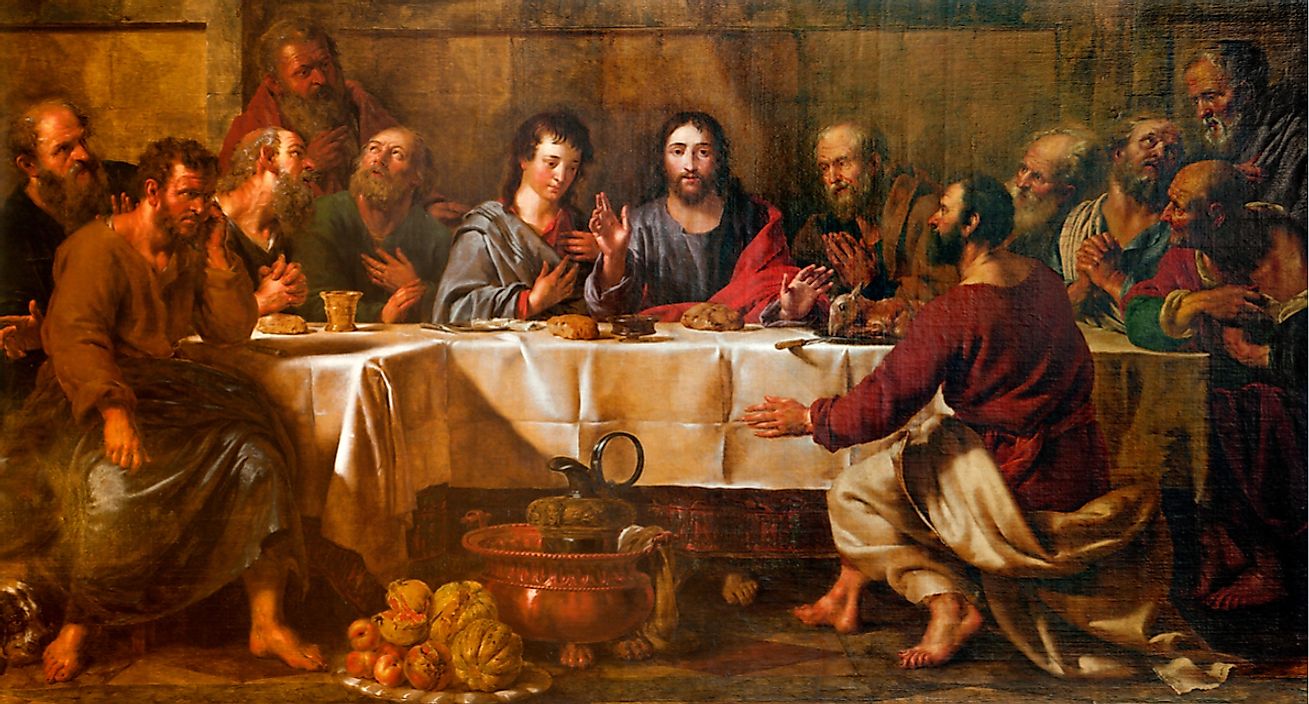“…and no one
can say "Jesus is Lord" except by the Holy Spirit.” (1 Corinthians 12:3b)
“I believe that
by my own understanding or strength I cannot believe in Jesus Christ my Lord or
come to him, but instead the Holy Spirit has called me through the gospel,
enlightened me with his gifts, made me holy, and kept me in true faith, just as
he calls, gathers, enlightens, and makes holy the Christian Church on earth and
keeps it with Jesus Christ in the one common, true faith. Daily in this Christian
Church the Holy Spirit abundantly forgives all sins—mine and those of all
believers. On the last day the Holy Spirit will raise me and all the dead and will
give to me and all believers in Christ eternal life. This is most certainly
true.” (Luther’s Small Catechism;
explanation to Article III of the Apostles’ Creed)
Happy Pentecost,
everybody!
I hope it’s
happy in any event. If there were ever a day for rejoicing—besides the
Resurrection of Our Lord—it would certainly be the Day of Pentecost. If we take
Saint Paul’s words to the Corinthian congregation to heart, we see we don’t
need to be speaking in tongues in order to know we’ve received the Holy Spirit.
The gift of the Spirit is faith in Jesus Christ.
But don’t kid
yourself. This isn’t just about assent to a doctrine. To have the Holy Spirit
is to embrace the powerful presence of God in our lives. In the quote from the
Small Catechism above, Luther enumerates all the blessings of the Spirit. Forgiveness
of sins and eternal life are pretty cool gifts, but so is the knowledge that we’re
blessed by God with various abilities and the wonderful news that we are tied
through the Spirit to one another.
In the midst
of the social distancing requirements of the coronavirus pandemic, I find it
tremendously comforting to know that we still have community in Christ. Indeed,
I’m feeling the Holy Spirit at work when I hear parishioners speak of how they
long to gather once more, of how they miss one another’s company. This is the
Spirit present with us.
Of course,
God didn’t give us the gift of the Spirit just to have companionship. When we
look at the lesson appointed for the Day of Pentecost (Acts 2:1-21, 1
Corinthians 12:3b-13, and John 20:19-23), a few things stand out. First, the
miraculous gift of tongues in the First Lesson isn’t just about personal ecstatic
experience (funky and delightful as that may be to those who are gifted with
it!). The gift of tongues was given that all
people would know about Jesus. Similarly, in the Gospel lesson, Jesus
breathes the Holy Spirit on the disciples and tells them they have the power to
forgive or retain sins. According to Matt Skinner, Professor of New Testament
at Luther Seminary in St. Paul, MN, the office of forgiving and retaining isn’t
about deciding which things are naughty or nice. “Sin” in John’s Gospel is the
lack of accepting the power of God in Jesus. If we, as disciples, “forgive” or “release”
someone from sin in this context, we’re actually bestowing on them the message
that God loves them, Jesus loves them enough to die for them, their past shame
is wiped out, and they are an important part of the body of Christ in the
world. To “retain” their sin would be to neglect this proclamation.
The other
great thing about the Holy Spirit is that she gives us abilities to grow and
enrich the body of Christ. I dig the way Luther says we’re “enlightened” with
these gifts. All of us are blessed with some natural abilities. The light
really comes on in our hearts, however, when we figure out that A) We didn’t choose to be good at what we’re good at.
God gave us these abilities as a gift of grace, and B) God gave us these gifts
to be used for God’s glory. It’s rather a weird thing, but acknowledging our
abilities as both gift and responsibility makes us both humble and proud at the
same time (Don’t you just love a good religious paradox?). But the pride is a
good pride—the satisfaction of knowing we’re doing what God has intended us to
do.
As we
continue to wait patiently through this pandemic, I urge you to consider how
the Spirit has blessed your life. You may not find yourself miraculously praising
God in Swahili (unless, of course, you actually speak Swahili), but you have been released from the grave sins of
doubt and despair, you are connected to the Church of Christ, and you have been
given marvelous gifts. What should you do but rejoice?
Thanks for
reading, my friend. Stay safe.

